Germany and Türkiye are set to enhance their collaboration on renewable energy, with both countries reaffirming their commitment to green energy transitions.
German Minister for Economic Affairs and Climate Action Robert Habeck made the announcement during his address at the German-Turkish Energy Forum in Berlin on Wednesday.
Stronger focus on renewable energy
At the forum, Habeck, a member of the Green party, stated that now is the time for further action.
“We have made great progress over recent years, and Türkiye has big plans for decarbonizing its industry,” he said. He emphasized that constructive dialogue, especially in these challenging times, is crucial for both countries.
“Germany had to diversify its economic and trade relations. This is the lesson that Germany has learned from the Russian invasion of Ukraine,” Habeck said.
“Türkiye is one of the major countries with which we want to establish more trade and energy partnerships,” he added.
Expanding energy cooperation to minerals
Turkish Energy Minister Alparslan Bayraktar echoed Habeck’s sentiments, describing energy as one of the most critical aspects of cooperation between Germany and Türkiye.
He suggested that the two countries could further strengthen their collaboration by expanding into the minerals sector, which plays a key role in energy production and green technologies.
“This is a more difficult target than the others because it will actually affect the whole economy … Our carbon target is an area that will transform energy from the ground up,” Bayraktar said at the sixth Turkish-German Energy Forum in Berlin.
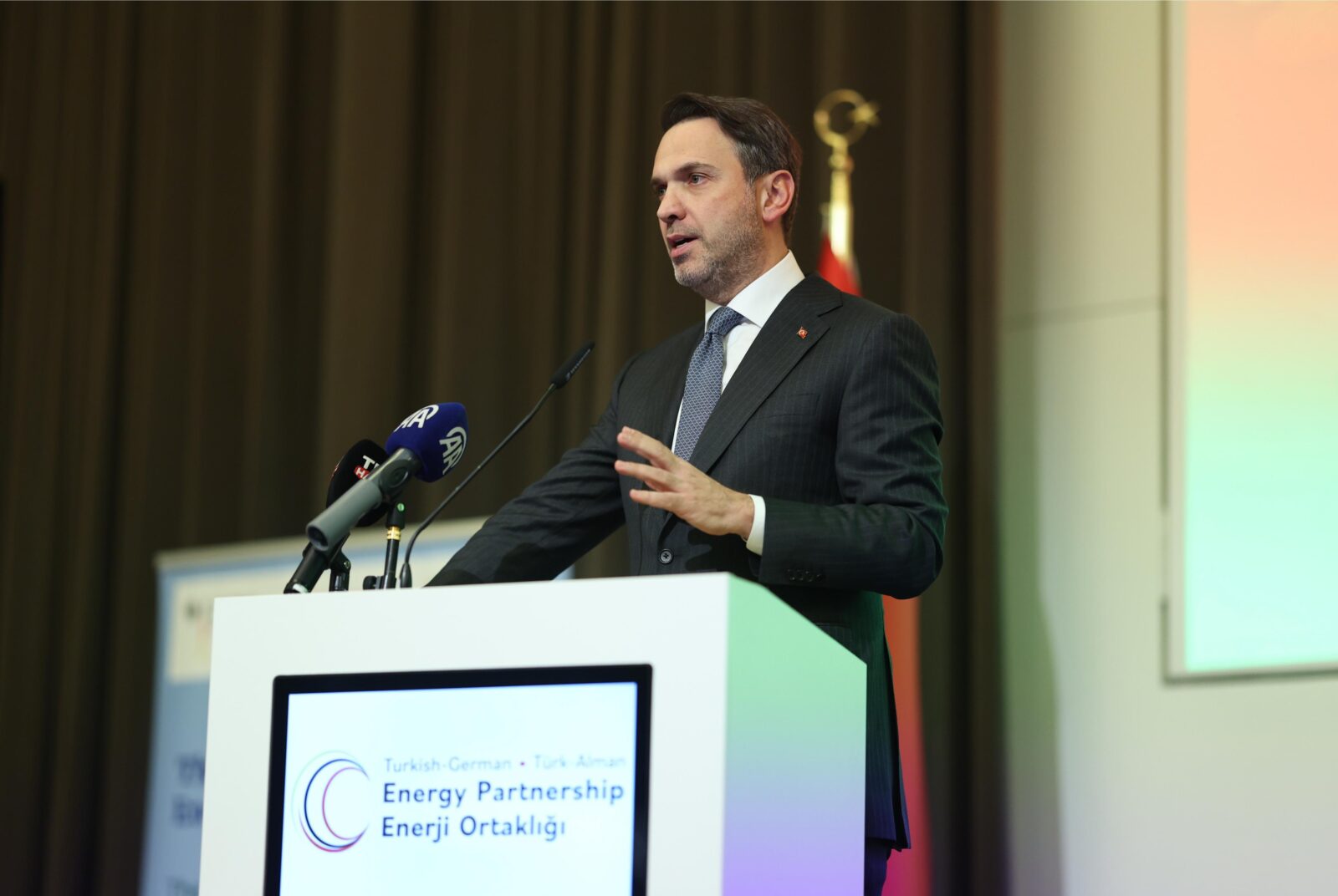
New agreements and future plans
In a significant step forward, Turkish and German businesses signed several memorandums of understanding (MoUs) regarding renewable energy projects.
Notably, German wind turbine manufacturer Enercon and Turkish energy developers Is Enerji and Polat Enerji confirmed plans to supply and install up to 2,500 megawatts (MWs) of wind turbines in Türkiye and other regional countries.
This is part of a broader effort to work together on the energy transition, which has been a focus for both countries since 2013. Their cooperation centers around renewable energy, energy efficiency and green hydrogen.
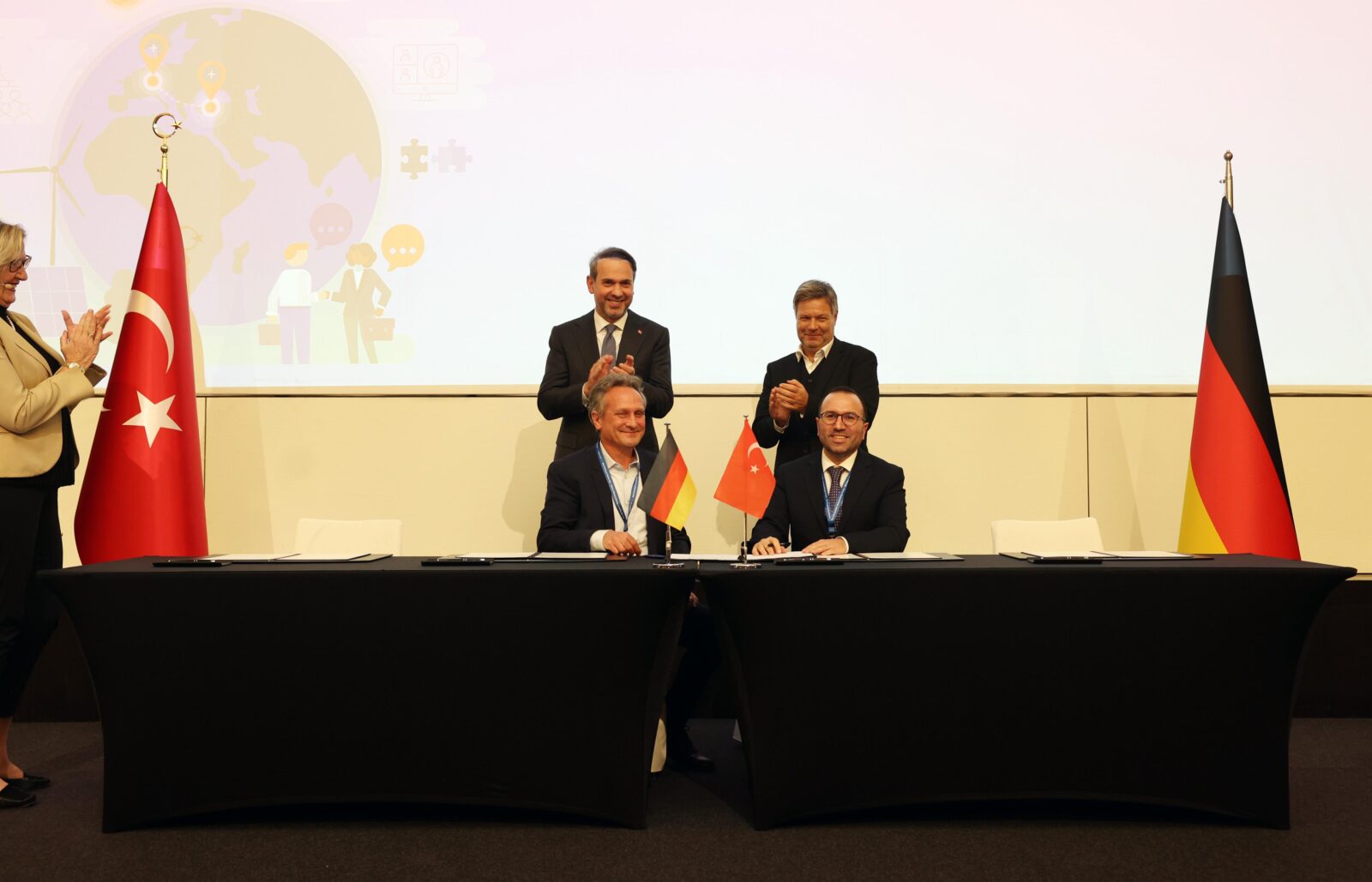
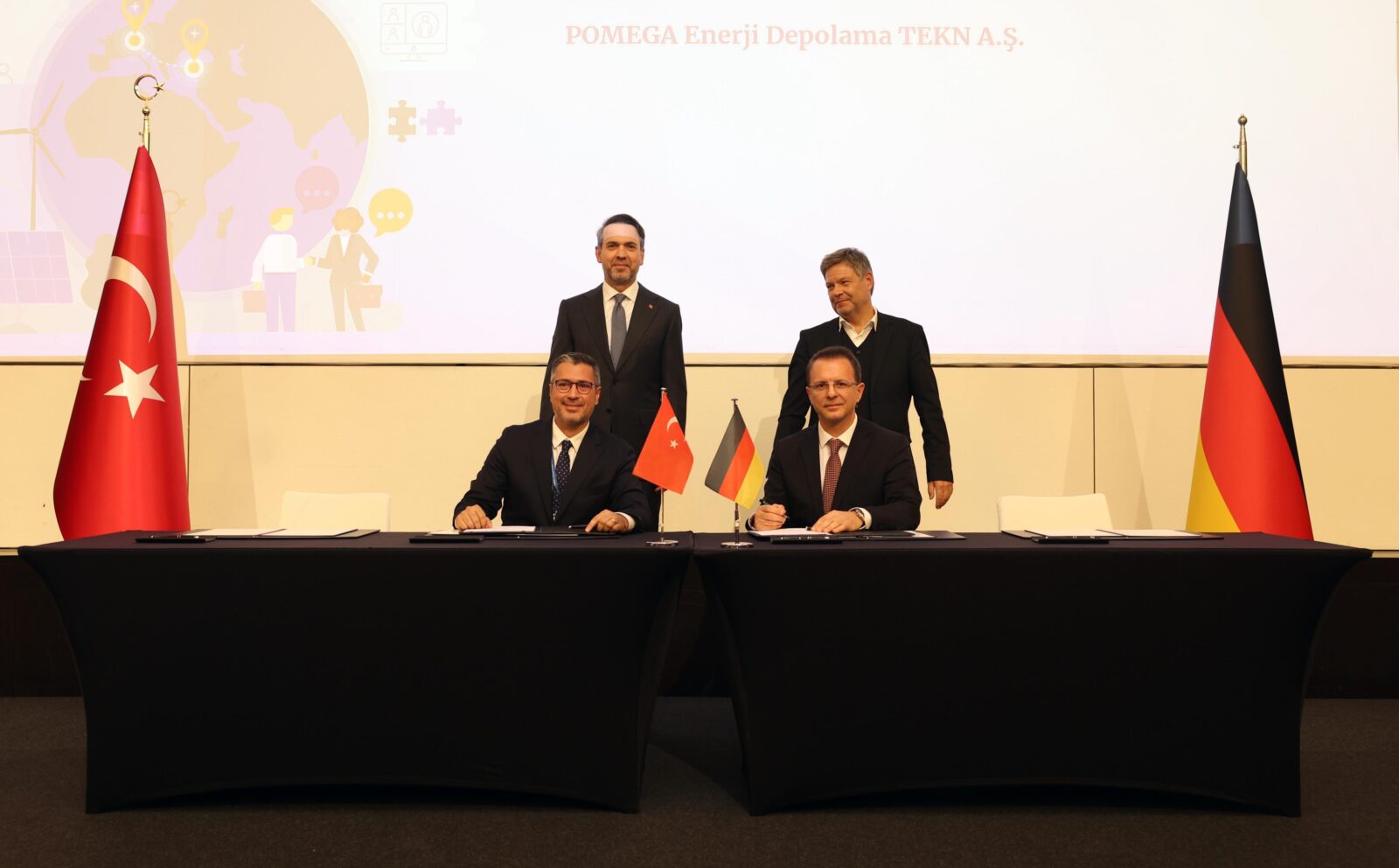
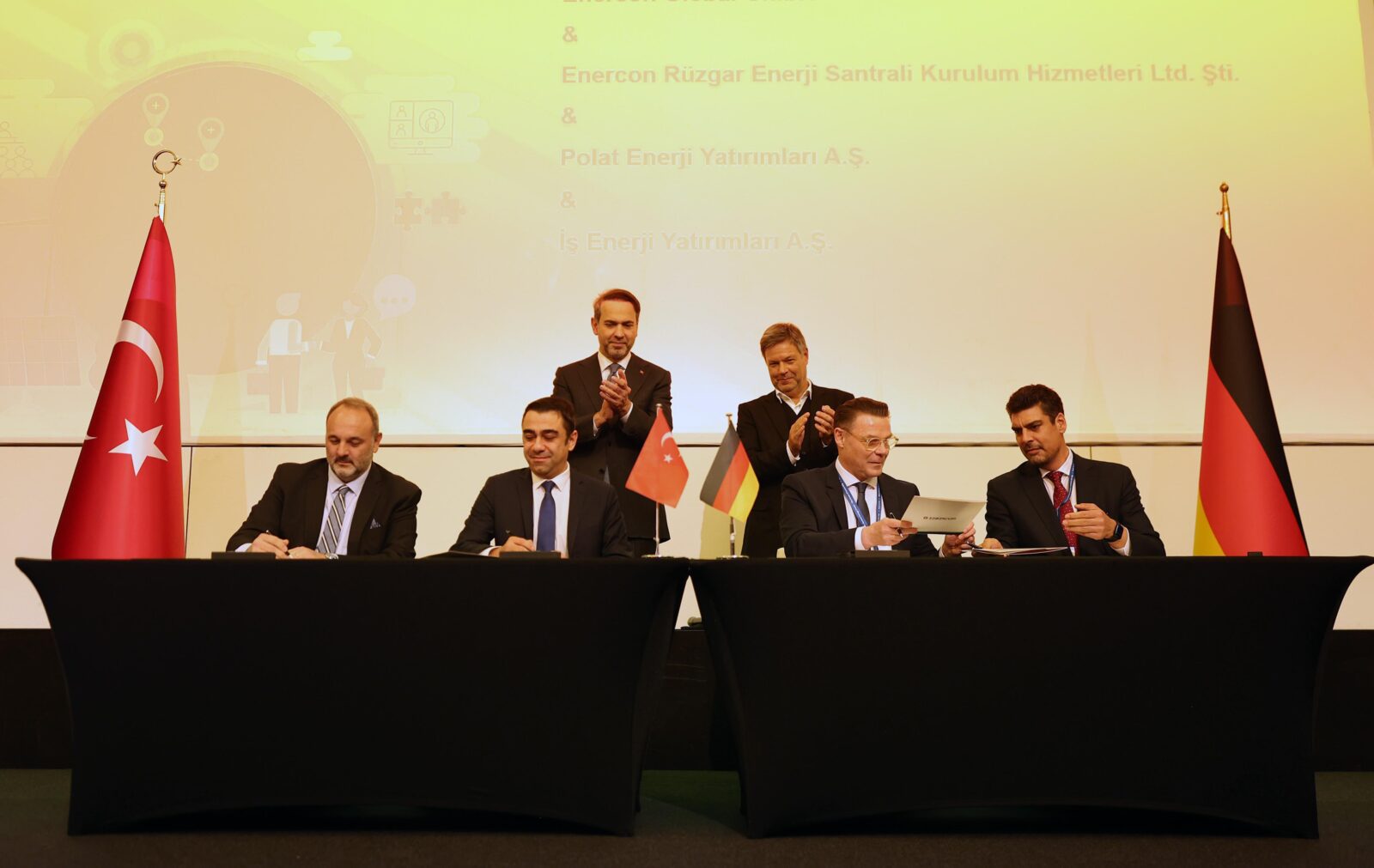
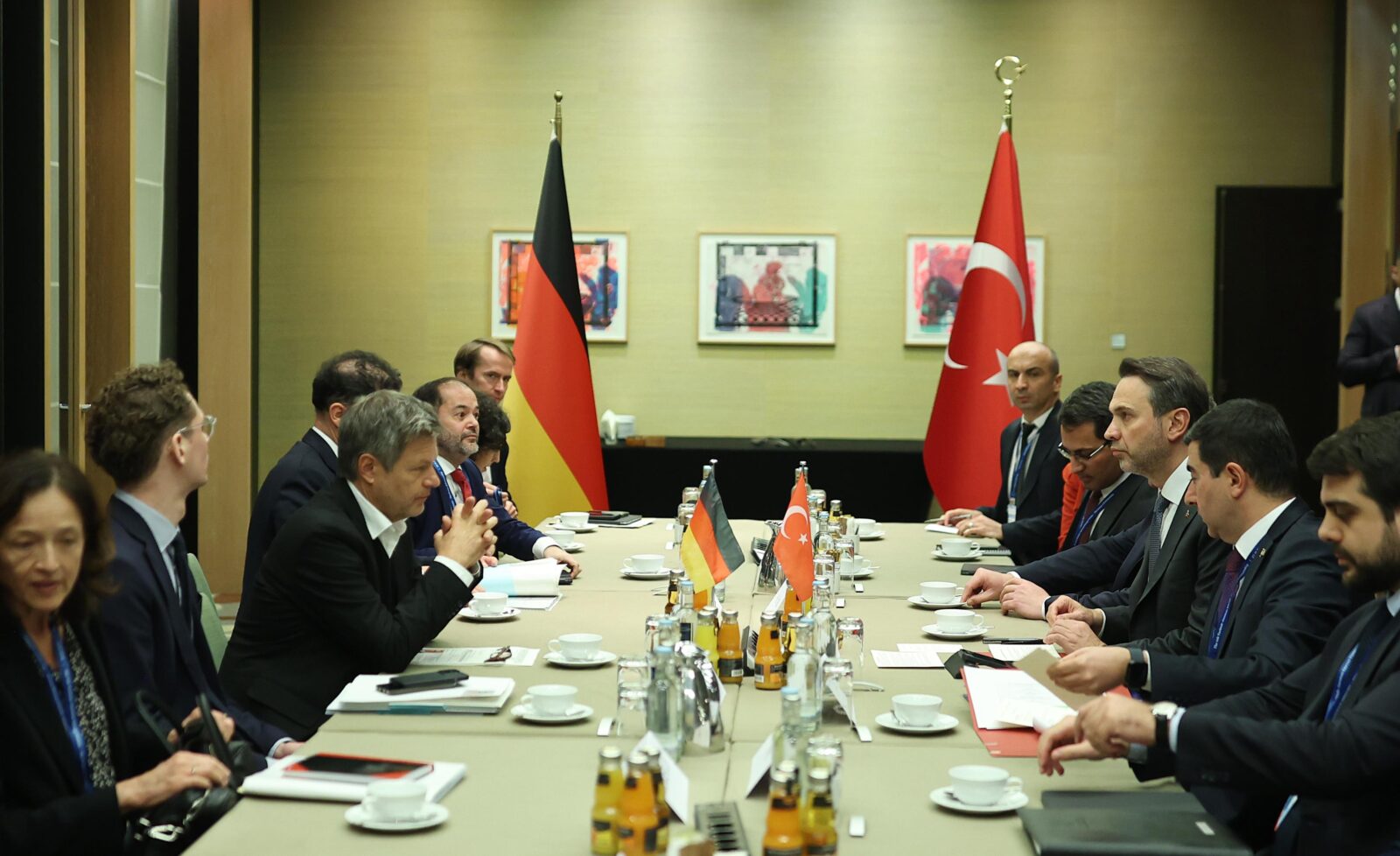
Ministerial discussions and strategic partnerships
Following the forum, Bayraktar and Habeck held a series of meetings with senior executives from Turkish and German energy companies.
During these talks, Bayraktar shared Türkiye’s ambitious energy goals, highlighting a planned investment of nearly $100 billion as part of its renewable energy roadmap leading up to 2035. He stressed the importance of public-private partnerships, particularly with German companies, to realize these targets.
He highlighted the country’s roadmap to expand wind and solar energy capacity from 31,000 MW to 120,000 MW by 2035. Addressing nuclear energy‘s role in decarbonization, Bayraktar said Türkiye aims to develop its nuclear capacity by 2050.
Bayraktar also proposed a change to the name of the bilateral energy forum to “Energy and Mining Forum” to include a broader focus on the mineral sector, which is essential for energy equipment production.
